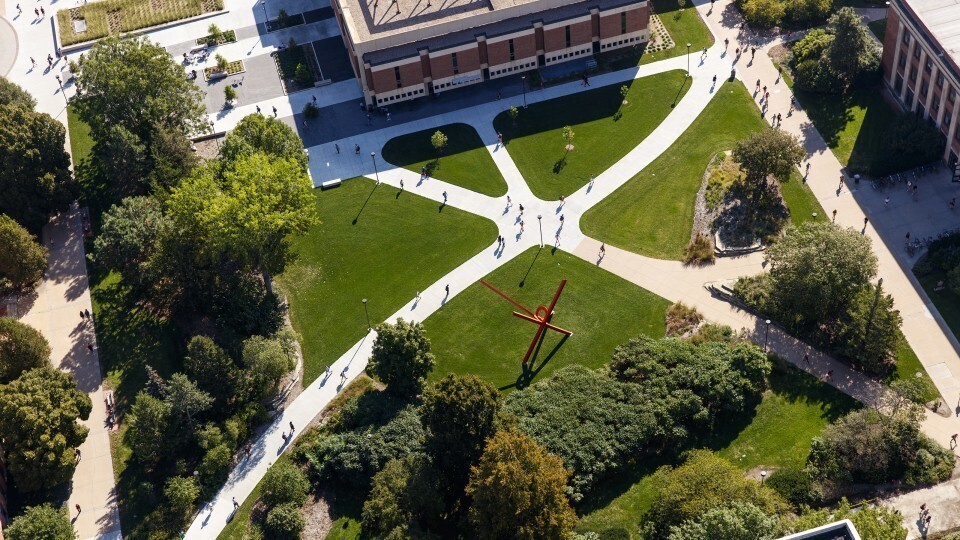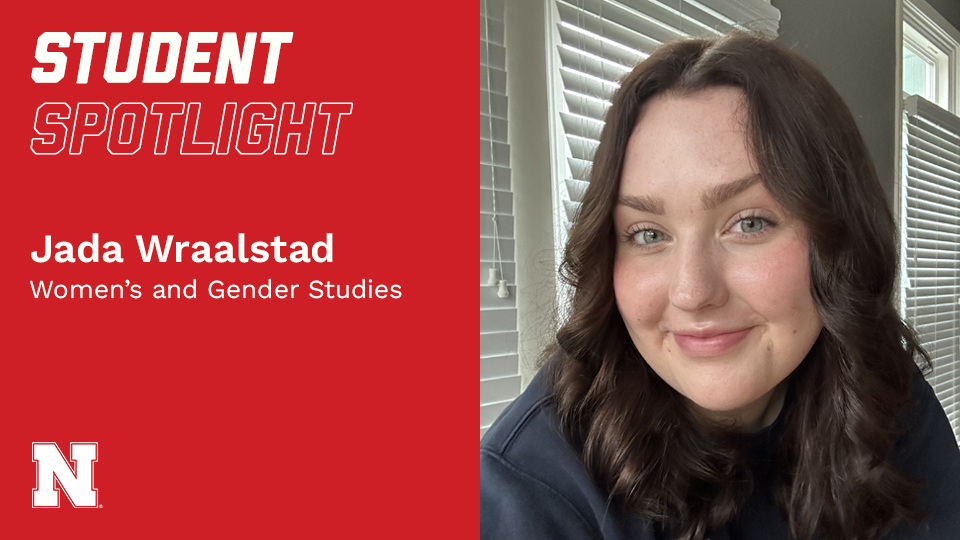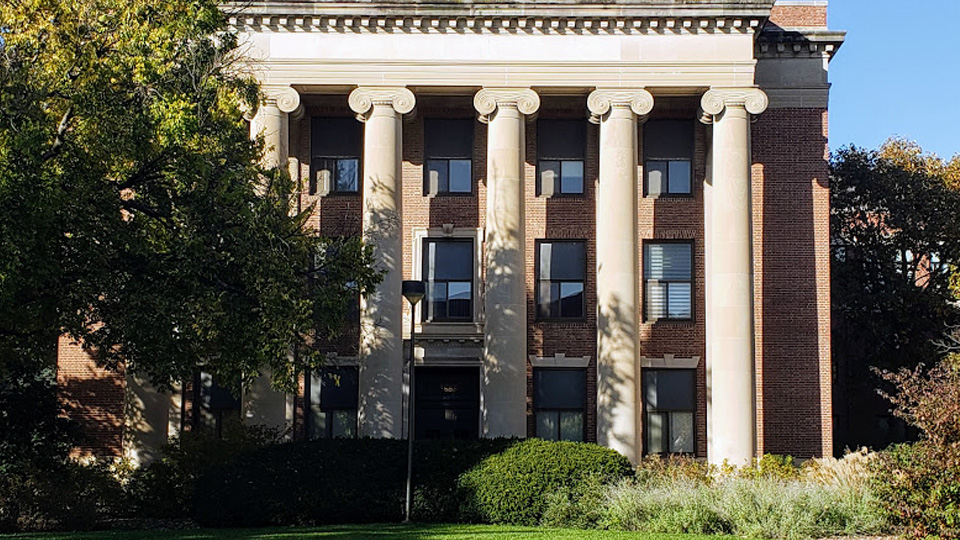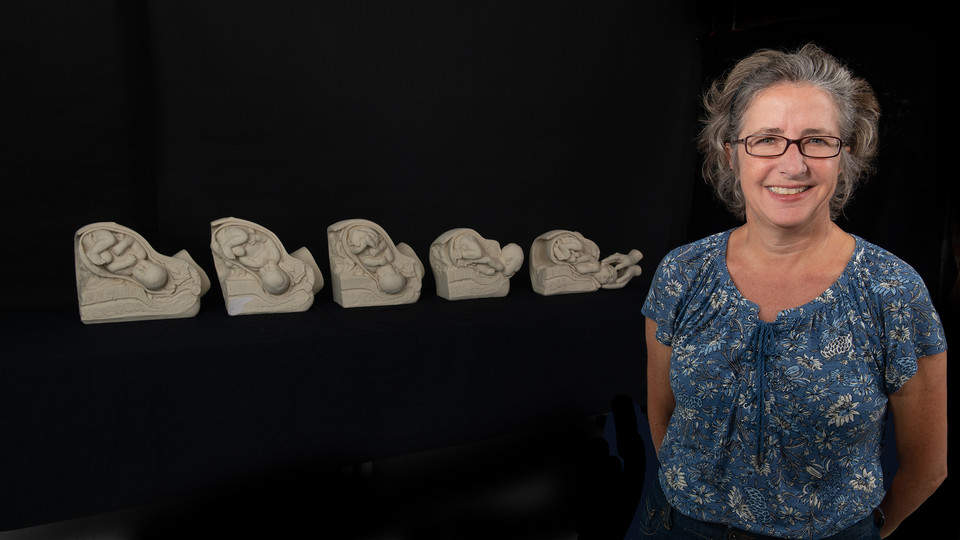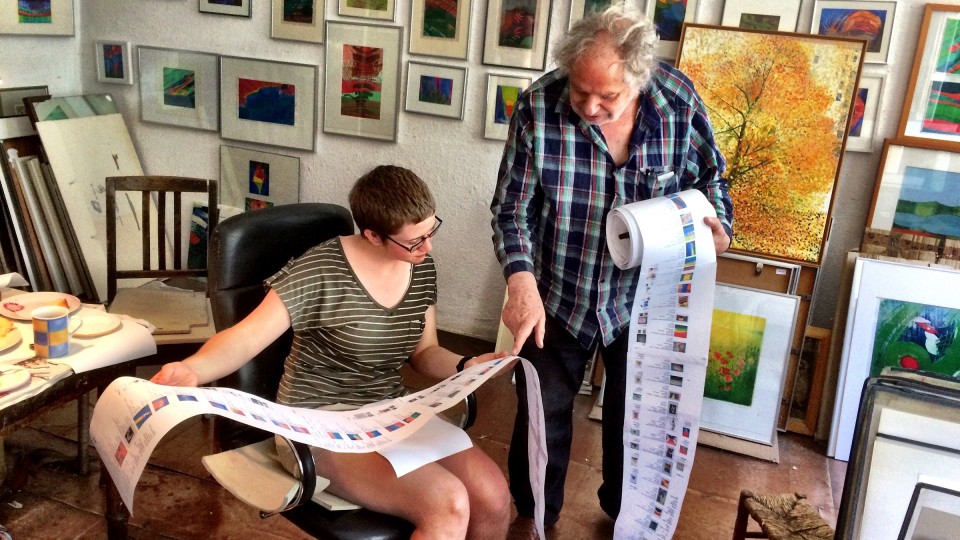
When Christina Brantner, associate professor of Modern Languages and Literatures and Women's and Gender Studies program faculty, came to the University of Nebraska–Lincoln as a German faculty member in the 1990s, she hoped to find an effective way for students to truly learn the German language and culture.
So, partnering with a language school in Berlin, she began the Berlin Program, in which UNL students spend up to seven months living, learning and working in Germany. Now in its 20th year, the program has established itself as a life-changing experience for students as well as a springboard to higher academic achievement.
Since program leaders began tracking awards in 2008, 13 program participants have been chosen for Fulbright Scholarships to teach abroad and several others have enrolled in graduate programs in Germany.
One former Berlin Program student, John Lohr, recently received an Early Achiever Award from the Nebraska Alumni Association. Lohr said the Berlin Program helped him find a career he loves. He was born in Nebraska and lives in Europe where he is director of development for Hosco, the world’s leading hospitality network.
“I found that I loved Europe, and the Berlin Program opened up a gamut of new opportunities for me,” he said. “It was a very spontaneous decision to go, but I took advantage of an opportunity given to me by UNL.”
Open to any UNL student, the Berlin Program begins annually in January. Students spend 16 weeks in Berlin enrolled in language school at Deutsch in Deutschland. Students can continue the program in the summer, either continuing language school or completing an internship. Students have interned at museums, in engineering and pharmaceutical firms, schools and more.
The Berlin Program’s success comes from its length and intensity — it’s longer than a typical education abroad program and students are immersed in the language and culture. They live with host families while they attend language school.
“Most study abroad programs are much shorter and typically keep students grouped together,” Brantner said. “Living with host families, they learn so much more about the German people and their culture and really interact with their host families.”
Instruction at Deutsch in Deutschland follows the Common European Framework of Reference for Languages, a standardized measure of language proficiency that is internationally recognized.
Priscilla Hayden-Roy, interim chair of the Department of Modern Languages and Literatures, said the language school’s strength has helped students.
“The certificates that students receive give employers and scholarship evaluators objective criteria for evaluating the applicants' language skills, which, along with their work and study experience in Germany, has proven to be a real advantage for UNL students seeking scholarships in Germany,” Hayden-Roy said.
Students in the Berlin Program have come from a range of majors over its first two decades, Brantner said. The program appeals to students from across campus because of the possibilities it opens.
“A study abroad opportunity like this is the backbone of a liberal arts education,” she said. “It’s helping you become a global citizen.”
